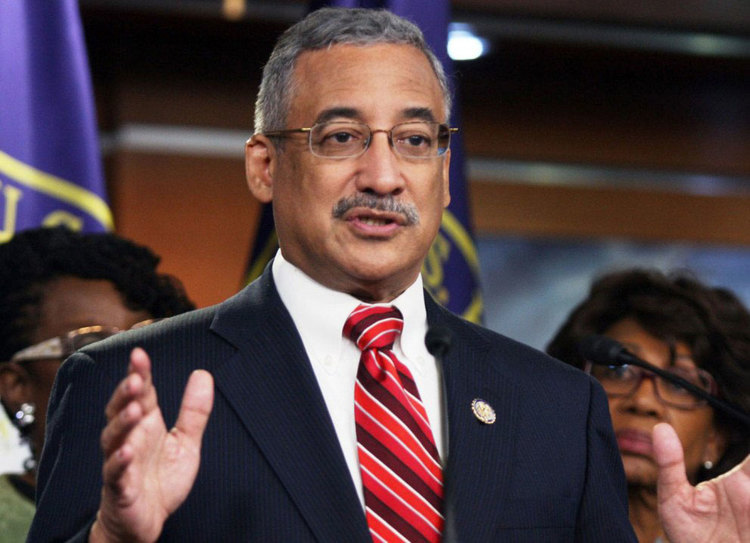
Bobby Scott, the top Democrat in the House Education and the Workforce Committee challenged the majority’s pro-school choice stance in a Wednesday hearing.
WASHINGTON- A Democratic House leader knocked the idea that school choice programs benefit low-income students, calling them a false choice for families.
“These programs are not serving the population that they were created to support,” said Rep. Bobby Scott, D-Va., at a Wednesday House Education and the Workforce Committee hearing. “The idea that parents have a real choice is wrong.”
Scott’s remarks came in response to an opening statement by committee Chairman John Kline, R-Minn., who described private school choice programs as a viable option to give students better opportunities.
More than 30 states have some type of school choice program – vouchers, tax credits, charter schools, or education savings accounts. All are aimed at giving parents an alternative to sending their students to public schools.
Under the newly enacted Every Student Succeeds Act, states are given more leeway to use public funds for alternative programs. States with existing school choice programs will have the option of allocating more money toward vouchers, used to defray tuition costs and often coined opportunity scholarships.
Scott sharply criticized the alternative programs for diverting funds from public schools that could use the money. According to the American Federation for Children, more than $1.2 billion was dedicated to funding school voucher and scholarship programs in the 2013-2014 school year.
“In some states, we’ve seen that the majority of students benefitting from vouchers were already in private school to begin with,” Scott said. “That’s not what school choice is supposed to be about.”
Rob Bryan, a North Carolina state legislator, said school vouchers were a way to help those students with the highest needs get valuable educational resources. In North Carolina, students can apply for up to $4,200 for private school tuition.
“Many establishment folks outline fear, pessimism, and concerns over bad schools and lack of regulation,” Bryan said. “But they are neglecting our hopes, the opportunities, and the evidence.”
Bryan argued that private schools also benefit students with special needs because of smaller class sizes and individualized attention. But Democratic committee members, along with Luis Huerta, a professor at Columbia University’s Teachers College, were quick to challenge.
Huerta said that although many states, including North Carolina, provide opportunity scholarships specifically for special needs students, most private schools don’t specifically address their needs. Private schools – that do not accept public money — are not required to offer special education in the classroom and are allowed to deny students admission based on various criteria such as religious affiliation or disabilities.
Gerard Robinson, a researcher at American Enterprise Institute, said that regardless of personal views or partisan politics, school choice programs are legal and are here to stay.
“School choice is not a sound bite,” Robinson said. “It’s a social movement.”


